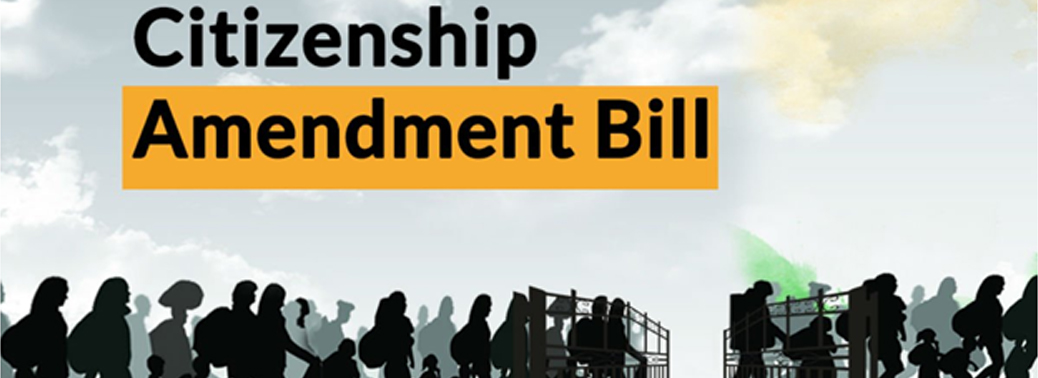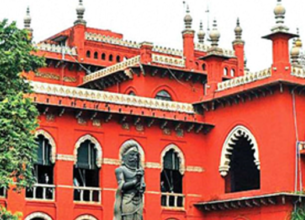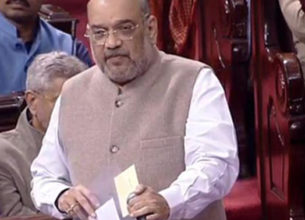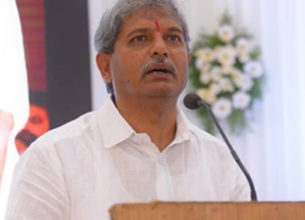CITIZENSHIP AMENDMENT BILL, 2019
10, Dec 2019

Prelims level : Polity
Mains level : GS-II Indian Constitution- Historical Underpinnings, Evolution, Features, Amendments, Significant Provisions and basic Structure
Why in News?
- Citizenship amendment Bill, 2019 (CAB) has been passed in Lok Sabha recently.
About the CAB:
- The Lok Sabha recently passed the Citizenship Amendment Bill (CAB) 2019 that seeks to give citizenship to refugees from the Hindu, Christian, Buddhist, Sikh and Zoroastrian communities fleeing religious persecution from Pakistan, Bangladesh and Afghanistan, who came to India before 31st December, 2014.
- Residential requirement for citizenship through naturalization from the above said countries is at least 5 years. Residential requirement for citizenship through naturalization for others is 11 years.
- The Union Home Minister clarified that the Act is not confined to the State of Assam.
- The Bill will apply to all States and Union Territories of the country.
- The beneficiaries of Citizenship Amendment Bill can reside in any state of the country.

Who are Illegal Immigrants?
- According to the Citizenship Act, 1955, an illegal immigrant is one who enters India without a valid passport or with forged documents, or a person who stays beyond the visa permit.
What is NRC?
- The National Register of Citizens (NRC) is meant to identify a bona fide citizen.
- In other words, by the order of the Supreme Court of India, NRC is being currently updated in Assam to detect Bangladeshi nationals who might have entered the State illegally after the midnight of March 24, 1971.
- The date was decided in the 1985 Assam Accord, which was signed between the then Prime Minister Rajiv Gandhi and the AASU.
- The NRC was first published after the 1951 Census in the independent India when parts of Assam went to the East Pakistan, now Bangladesh.
- The first draft of the updated list was concluded by December 31, 2017.
What is the Concern?
- The essential point of debate in this proposed amendment was that it makes illegal migrants eligible for citizenship on the basis of religion – a move that may violate Article 14 of the Indian Constitution, which guarantees right to equality.
- While Bill is designed to grant citizenship to non-Muslim refugees persecuted in neighbouring countries, NRC does not distinguish migrants on the basis of religion. It will consider deporting anyone who has entered the State illegally post-March 24, 1971, irrespective of their Religion.
















